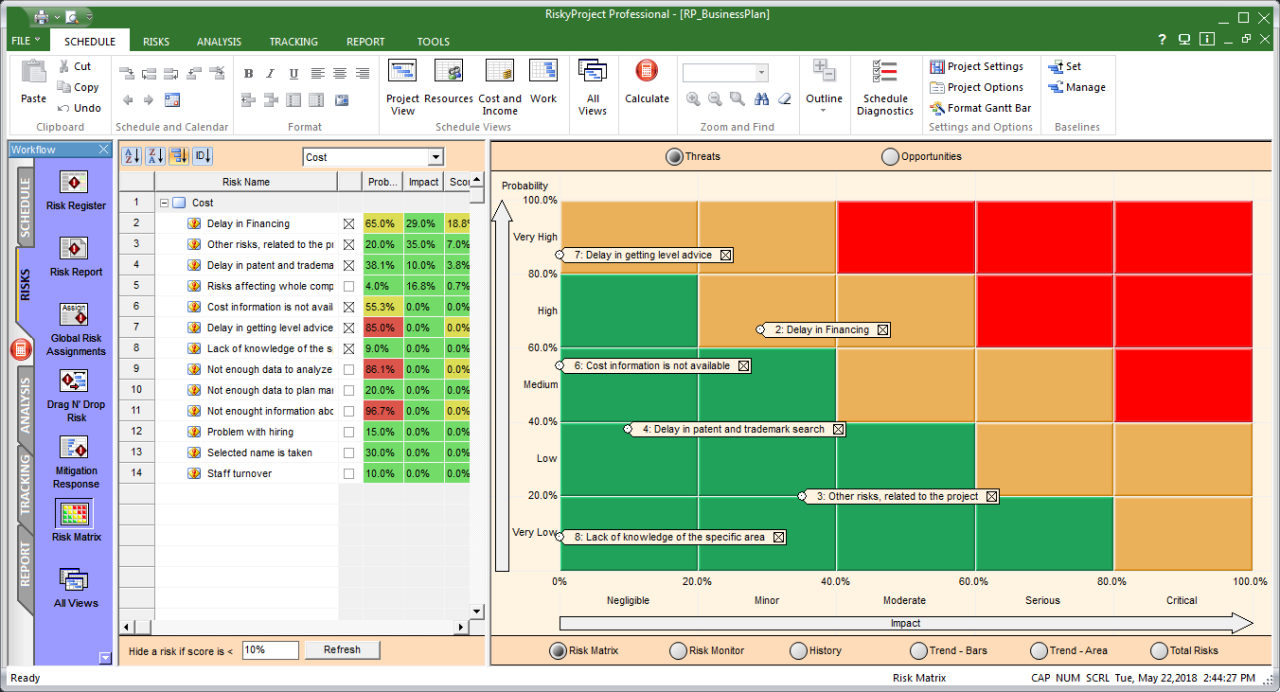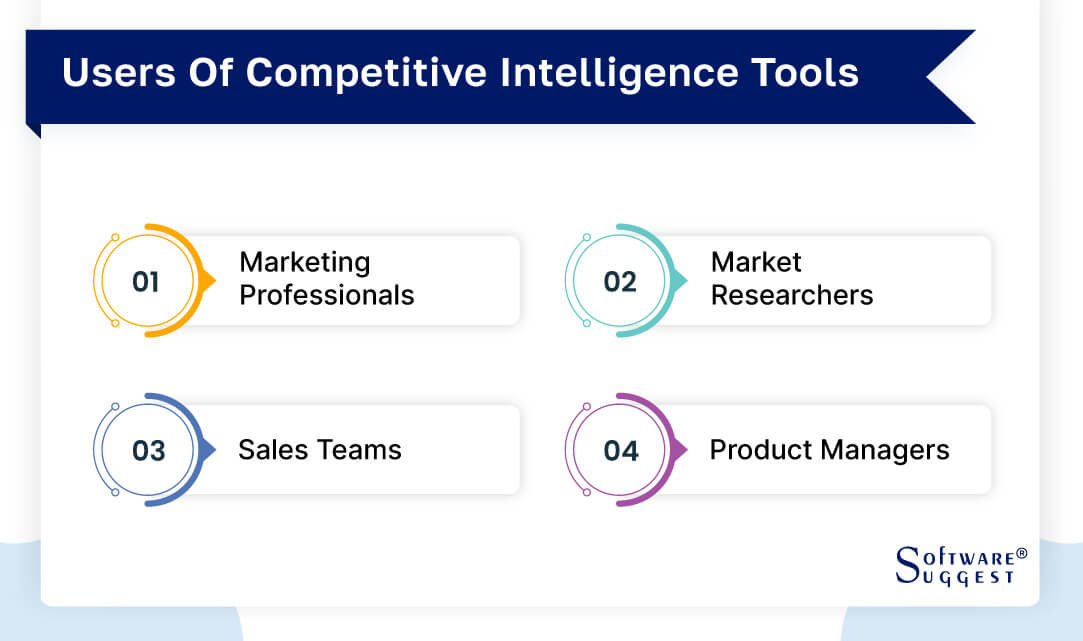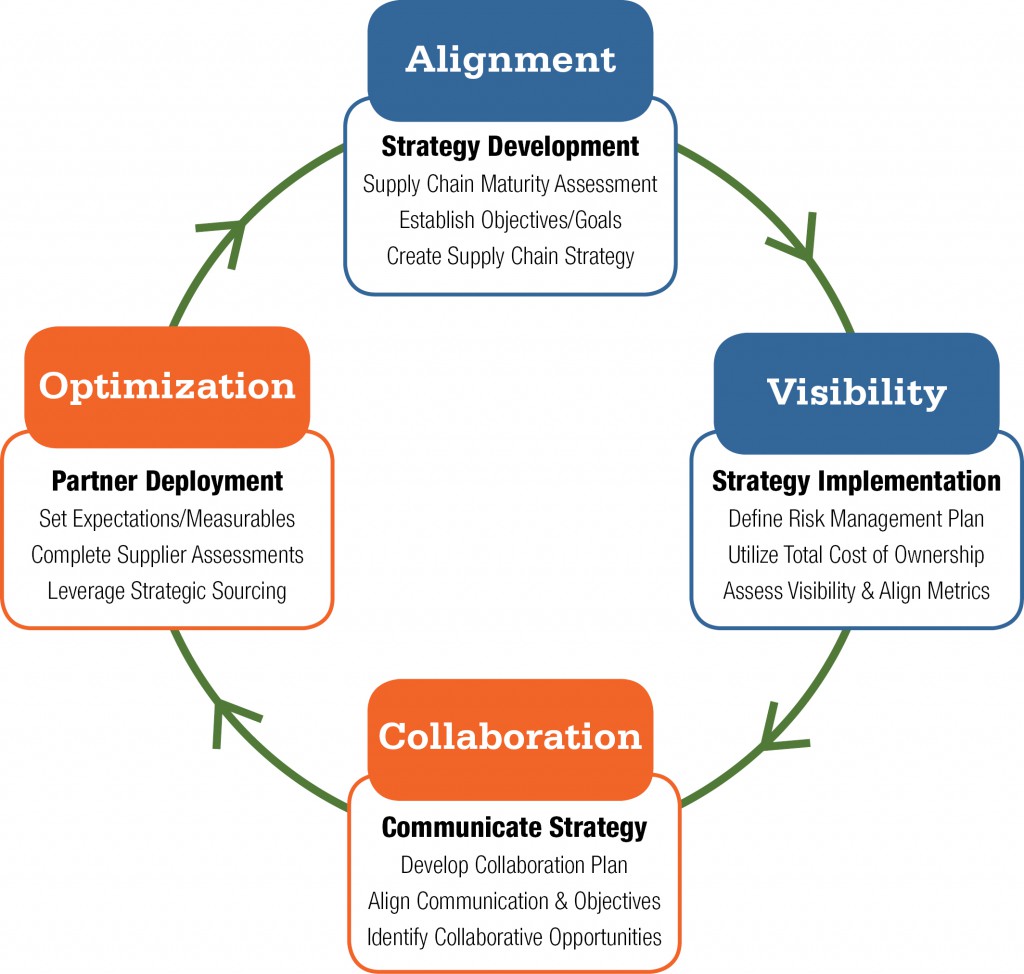Supply Chain Logistics Automation Software Solutions
Supply chain logistics automation software solutions are transforming the way businesses manage their supply chains, unlocking efficiency, cost savings, and customer satisfaction. From inventory management to transportation optimization, these software solutions empower businesses to streamline their operations and gain a competitive edge.
In today’s fast-paced business environment, supply chain logistics automation is no longer a luxury but a necessity. By leveraging technology to automate repetitive tasks, businesses can improve accuracy, reduce errors, and make data-driven decisions that drive growth and profitability.
Supply Chain Logistics Automation: An Overview
Supply chain logistics automation is the use of technology to automate tasks and processes within the supply chain. This can include everything from automating the ordering and fulfillment of goods to managing inventory and tracking shipments.
There are many benefits to automating supply chain logistics, including:
- Increased efficiency: Automation can help to streamline tasks and processes, which can lead to increased efficiency and productivity.
- Reduced costs: Automation can help to reduce costs by eliminating the need for manual labor and reducing errors.
- Improved accuracy: Automation can help to improve accuracy by eliminating human error.
- Increased visibility: Automation can help to provide increased visibility into the supply chain, which can help to improve decision-making.
However, there are also some challenges to implementing automation solutions in the supply chain. These challenges include:
- Cost: Automation solutions can be expensive to implement and maintain.
- Complexity: Automation solutions can be complex to implement and manage.
- Resistance to change: Employees may be resistant to change, which can make it difficult to implement automation solutions.
Despite these challenges, the benefits of automating supply chain logistics can be significant. By carefully planning and implementing automation solutions, businesses can improve efficiency, reduce costs, and gain a competitive advantage.
Types of Supply Chain Logistics Automation Software Solutions
Supply chain logistics automation software solutions come in a variety of types, each designed to address specific needs and challenges. These solutions can be broadly categorized into four main types:
- Inventory management systems
- Transportation management systems
- Warehouse management systems
- Other specialized solutions
Inventory Management Systems
Inventory management systems are designed to help businesses track and manage their inventory levels. They provide real-time visibility into inventory data, enabling businesses to optimize stock levels, reduce waste, and improve customer service. Examples of inventory management software include:
- SAP S/4HANA
- Oracle NetSuite
- Infor CloudSuite Supply Chain
Transportation Management Systems
Transportation management systems are designed to help businesses plan, execute, and track their transportation operations. They provide tools for route optimization, carrier selection, and freight cost management. Examples of transportation management software include:
- Blue Yonder
- MercuryGate
- Transporeon
Warehouse Management Systems
Warehouse management systems are designed to help businesses manage their warehouse operations. They provide tools for inventory tracking, order fulfillment, and warehouse layout optimization. Examples of warehouse management software include:
- SAP EWM
- Oracle Warehouse Management
- HighJump WMS
Other Specialized Solutions
In addition to these core types of supply chain logistics automation software solutions, there are also a number of specialized solutions available. These solutions are designed to address specific industry-specific or functional needs. Examples of specialized supply chain logistics automation software solutions include:
- Cold chain management software
- Reverse logistics software
- Third-party logistics (3PL) software
Benefits of Supply Chain Logistics Automation Software Solutions
Supply chain logistics automation software solutions offer a myriad of benefits that can significantly enhance the efficiency, profitability, and customer satisfaction of businesses. By automating various tasks and processes, these solutions streamline operations, reduce costs, and improve overall performance.
Improved Efficiency and Productivity
- Automation eliminates manual processes and repetitive tasks, allowing employees to focus on more strategic and value-added activities.
- Real-time data visibility and analytics provide insights into supply chain performance, enabling proactive decision-making and optimization.
- Automated workflows streamline communication and collaboration, improving coordination and reducing lead times.
Reduced Costs and Increased Profitability
- Automation reduces labor costs associated with manual tasks and processes.
- Improved efficiency and productivity lead to reduced lead times, inventory levels, and transportation costs.
- Optimized inventory management minimizes waste and spoilage, reducing losses and increasing profitability.
Enhanced Customer Service and Satisfaction
- Automated order processing and tracking systems improve order accuracy and fulfillment speed, leading to increased customer satisfaction.
- Real-time visibility into inventory levels allows businesses to respond quickly to customer inquiries and avoid stockouts.
- Improved communication and collaboration with suppliers and customers enhances transparency and trust, fostering long-term relationships.
Implementation Considerations for Supply Chain Logistics Automation Software Solutions
Implementing automation software solutions for supply chain logistics requires careful consideration to ensure a successful integration. Several key factors must be evaluated before implementing these solutions.
Business Requirements and Goals
A thorough understanding of the business’s requirements and goals is essential. This includes identifying the specific areas within the supply chain that need improvement, such as inventory management, order fulfillment, or transportation planning. Aligning the software’s capabilities with these objectives is crucial for achieving desired outcomes.
Software Compatibility and Integration
Ensuring compatibility between the automation software and existing systems is vital. This involves assessing the software’s ability to integrate seamlessly with the company’s ERP, CRM, and other relevant systems. Compatibility issues can lead to data inconsistencies and operational disruptions, so thorough testing and validation are necessary.
Training and Support
Training and support are essential for successful implementation. Employees must be adequately trained on the software’s functionality and best practices to maximize its benefits. Ongoing support from the software vendor or a dedicated team ensures that users can effectively utilize the system and resolve any challenges that may arise.
Case Studies and Best Practices for Supply Chain Logistics Automation Software Solutions

Successful implementations of supply chain logistics automation software solutions provide valuable insights into the benefits and challenges of adopting these technologies. These case studies showcase how businesses have improved efficiency, reduced costs, and enhanced customer satisfaction by leveraging automation solutions.
Best Practices for Planning, Implementation, and Ongoing Management
Effective planning, implementation, and ongoing management are crucial for successful supply chain logistics automation projects. Best practices include:
- Define clear objectives: Determine the specific goals and desired outcomes of the automation initiative.
- Assess current processes: Conduct a thorough analysis of existing supply chain processes to identify areas for improvement.
- Select the right solution: Choose an automation software solution that aligns with the specific needs and objectives of the business.
- Plan for implementation: Develop a detailed implementation plan that includes timelines, resources, and training.
- Manage change effectively: Communicate the benefits of automation to stakeholders and provide ongoing support during the implementation process.
- Monitor and evaluate performance: Track key metrics to assess the effectiveness of the automation solution and make adjustments as needed.
Future Trends in Supply Chain Logistics Automation Software Solutions
Supply chain logistics automation software solutions are rapidly evolving, driven by advancements in technology. Emerging trends include:
Artificial Intelligence and Machine Learning, Supply chain logistics automation software solutions
Artificial intelligence (AI) and machine learning (ML) are transforming supply chain management by enabling software solutions to analyze vast amounts of data, identify patterns, and make predictions. This leads to improved decision-making, optimized inventory management, and enhanced forecasting capabilities.
Blockchain Technology
Blockchain technology is gaining traction in supply chain logistics due to its ability to provide secure and transparent data sharing. By creating a distributed ledger that records all transactions, blockchain enhances traceability, reduces fraud, and improves collaboration among supply chain partners.
Robotics and Autonomous Systems
Robotics and autonomous systems are automating physical tasks within warehouses and distribution centers. Automated guided vehicles (AGVs) and drones are used for inventory management, order fulfillment, and transportation, increasing efficiency and reducing labor costs.
Commonly Asked Questions
What are the key benefits of supply chain logistics automation software solutions?
Improved efficiency, reduced costs, enhanced customer service, and increased profitability.
What types of automation software solutions are available for supply chain logistics?
Inventory management, transportation management, warehouse management, and order fulfillment systems.
How can businesses ensure a successful implementation of supply chain logistics automation software?
By carefully assessing business requirements, ensuring software compatibility, and providing adequate training and support.







